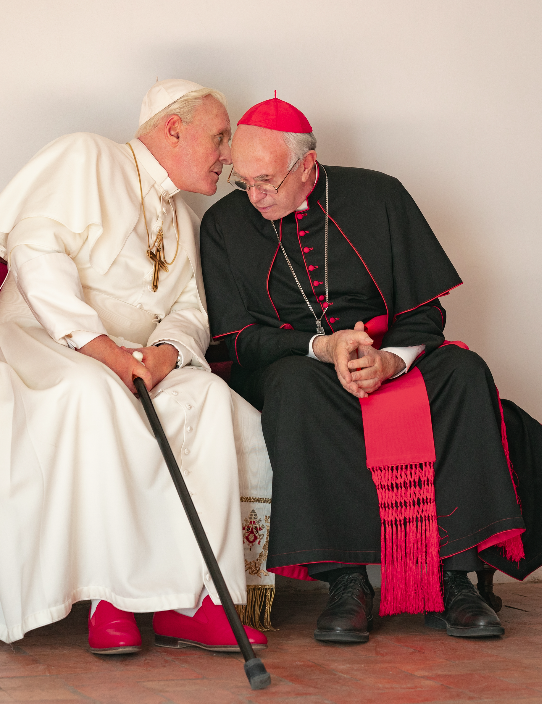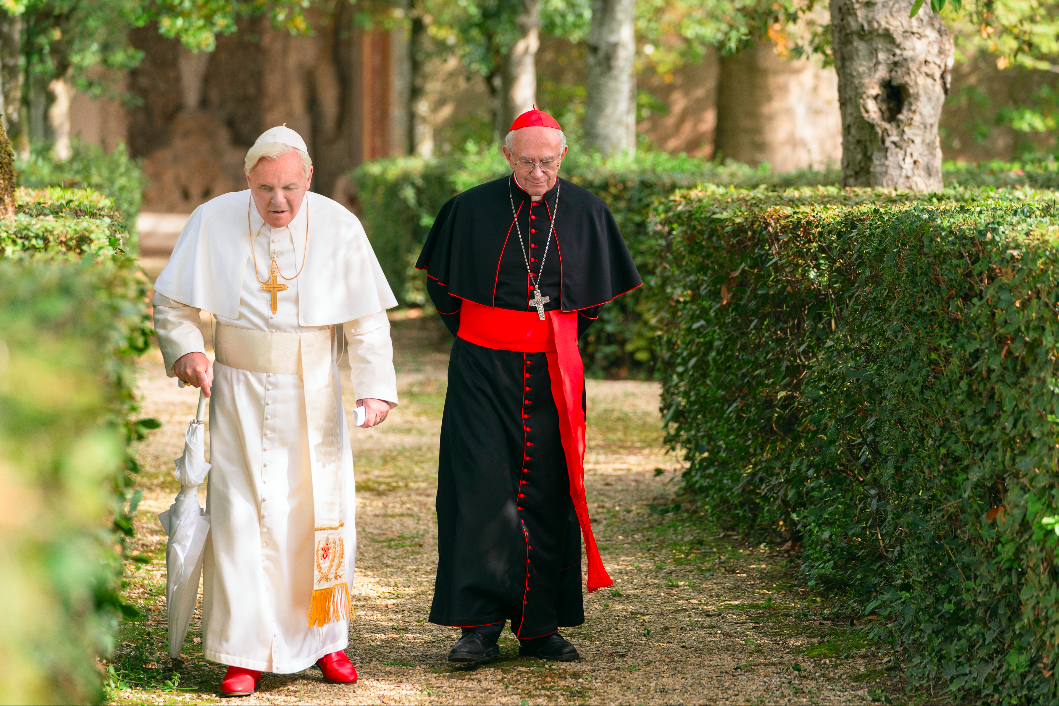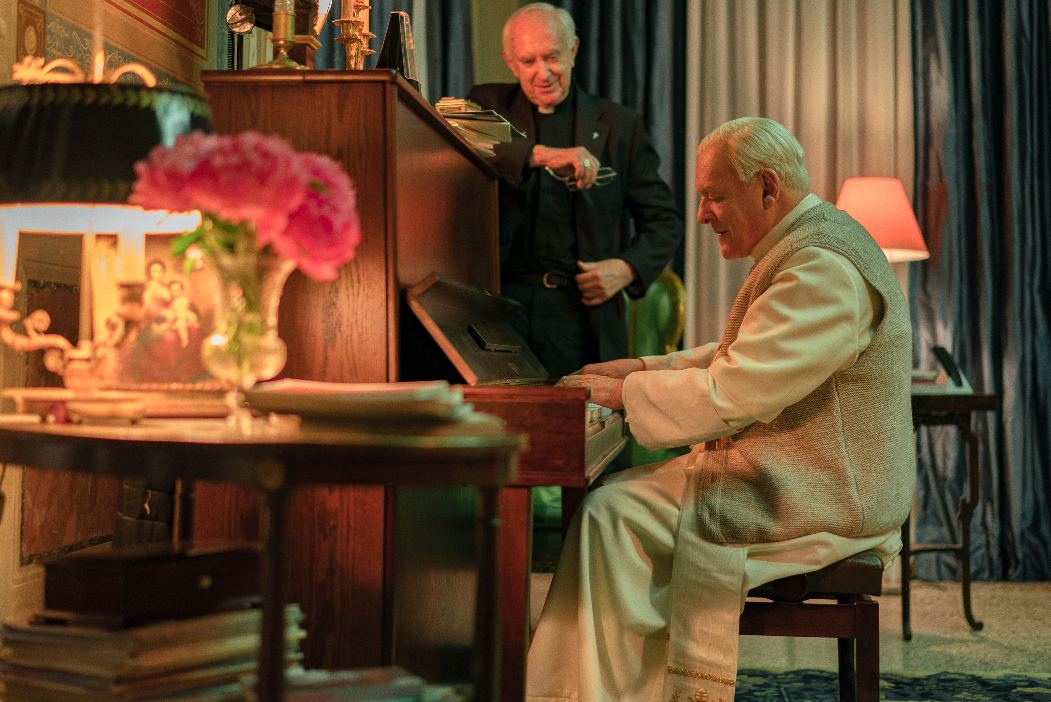Crafting the score for Netflix film, The Two Popes – starring Anthony Hopkins and Jonathan Pryce – was a dream come true for Bryce Dessner, who cut his teeth on score-composing on The Revenant.
“When I did the score for The Revenant, the director, Alejandro González Iñárritu said to me, ‘if I'm pointing at the moon, don't draw my finger!’ – which is really good!” begins two-time Grammy Award-winning composer, Bryce Dessner, who most recently composed the score for Fernando Meirelles’ Netflix film, The Two Popes.
“He was basically saying, ‘look, I'm asking you to be yourself, to dream big and to try things and to experiment – and that energy was also what Fernando brought to The Two Popes. He was very excited about who I am and the types of sounds I could bring to it – he loves my string work and the work I do with voices, and really asked me to try many things. It was the first project where I was able to go on set and meet the actors; I was there for some of the filming, so that was also very inspirational for me to be able to absorb the film.”
Set in Rome, The Two Popes tells the story of the conservative Pope Benedict (Anthony Hopkins) and the liberal future Pope Francis (Jonathan Pryce) meeting behind Vatican walls, where they seek to find common ground to forge a new path for the Catholic Church – along the way discovering a deep, fraternal love for one another.
An intense acting masterclass delivered flawlessly by thespian heavyweights Hopkins and Pryce, the film is dialogue-heavy (you can’t blame Meirelles for making the most out of actors of this calibre), but also leaves a lot of breathing room for Dessner’s delicate score.
Recorded at London’s Abbey Road Studios, the score finds its voice in the storied pasts of each Pope: lively yet bittersweet guitar-driven themes representative of Pope Francis’s native Argentina, and classical strings and pipe organ dictating the somberness and loneliness of Pope Benedict’s Vatican.
And much like their meeting of minds, Dessner’s score finds a way forward for the paired pontiffs by merging the two sounds into a frolicking friendship of improbable melody.



